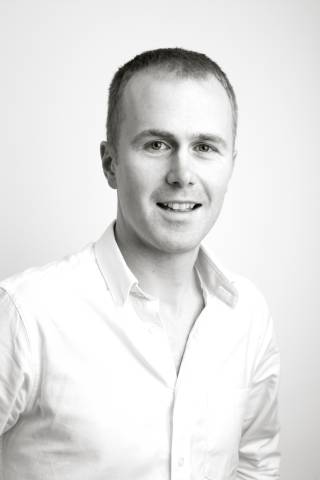Early career researchers
There are lots of events, resources and networks to enhance your experience, but it can sometimes be difficult to navigate. Your first stop should be our welcome pack for early career researchers, which has been especially put together for you in collaboration with researchers across the Faculty, and contains lots of valuable information.
- Networks
Across UCL there are a number of networking and events groups, across the university’s different research domains. These groups are active and all early career researchers are strongly advised to get involved in the one that most closely fits their area of interest. You can join and get involved in as many as you like. The two most relevant to colleagues in the Faculty of Brain Sciences are:
- Neuroscience Careers Network (NCN): note that this is based around a *very* broad definition of neuroscience and includes areas like mental health. The majority of staff within Brain Sciences will find most if not all NCN events have something to offer them. Please don’t be put off if you do not define yourself as a neuroscientist.
- Collaborative Social Science: the collaborative social science domain is another excellent network that will appeal to colleagues working in more social science oriented areas.
Other Networks
UCL has another of other networks which may be relevant to you depending on your research area. These are:
- Career development
In addition to the networks, which run events focused on career development and skills, these are the main sources of advice and help around career development. It is never too early or late to engage with these services and we advise you get in touch to see what they can offer you.
- UCL Careers Service: UCL’s Career Service offers dedicated support to early career researchers, including one on one advice and an events programme. We strongly recommend you take advantage of this!
- SLMS Academic Careers Office: the School of Life and Medical Sciences (of which the Faculty of Brain Sciences is a part) has a dedicated academic careers office offering a range of services including events and funding opportunities.
There is a Faculty careers event each year for ECRs as well as PGR students which will be advertised via email at the time. Many Institutes/Divisions also run their own career events.
It is useful to look at careers outside of academia so you are aware of your options. The following resources may be useful:
- Training and skills development
UCL offers an extensive Research Staff Development Programme, with a wide range of workshops available.
UCL HR has lots of information on researcher development:
- Academic support
- UCL Organisational Development offers training on copyright for research staff
- UCL central library services offers a number of training events
- Queen Square Institute of Neurology library offers specialist training
- Institute of Child Health offers statistics training
- UCL Doctoral Skills
- UCL Arena
- UCL online equality and diversity training
- UCL Research Coordination Office
- Academic Careers Office
- UCU CPD programme
- Mentoring
- Most Institutes and Divisions within the Faculty operate a mentoring scheme. Early career researchers are strongly encouraged to sign up and seek a mentor.
- Local events and governance
Most Institutes and Divisions across the Faculty have a committee dedicated to holding events of interest to early career researchers.
To give early career researchers a voice, we also have a Faculty ECR Committee meeting termly with members from almost all departments across the Faculty. If you feel there is something important that needs to be discussed, or you have an idea for how to improve your experience at UCL, please raise it at your local committee or contact Rik Ganly-Thomas, Faculty Doctoral and Researcher Development Manager, directly at r.ganly-thomas@ucl.ac.uk
You can find your local ECR Committee member, who will be able to tell you more about local activities, in the final page of the welcome pack.
- Equality, Diversity and Inclusion
The Faculty takes EDI very seriously and is doing a lot of work in this area. Find out more about EDI in the Faculty of Brain Sciences.
- Wellbeing resources
Being a researcher can be stressful. UCL has invested in a range of services to help you, including a 24/7 Student Support Line. UCL HR offers more information about the wellbeing resources available to you. Staff are encouraged to take annual leave and find a good work-life balance. We encourage you to read UCL's annual leave policy.
- Funding and fellowships
For help finding and winning funding opportunities, see the following resources:
Faculty events
Testimonials
Dr Tom FreemanWhere were you based as an ECR at UCL? Where are you now? What was the highlight of your UCL experience? What does being at UCL mean to you? If you could go back in time to your first postdoc position, what advice would you give yourself? How did your UCL experience contribute to where you are now? What has been your greatest achievement?
|  |
Dr Marthe LudtmannWhere were you based as an ECR at UCL? Where are you now? What was the highlight of your UCL experience? If you could go back in time to your first postdoc position, what advice would you give yourself? How did your UCL experience contribute to where you are now? What has been your greatest achievement? |
 |
 Close
Close

